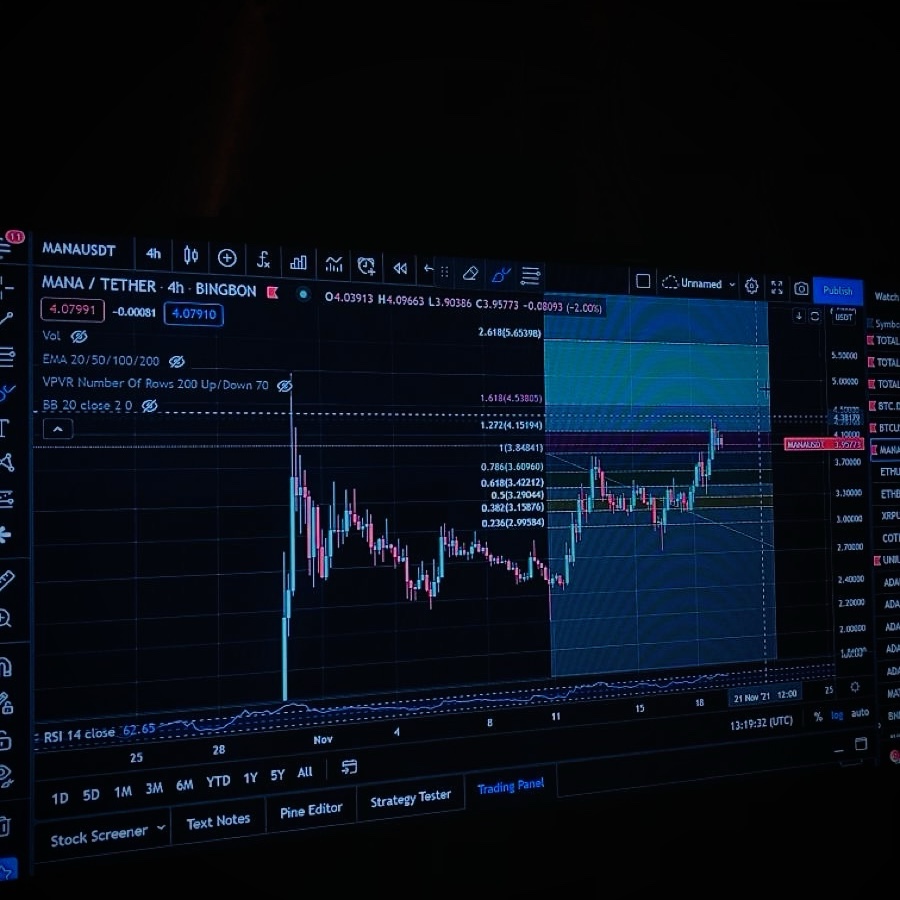Introduction:
Welcome to your essential guide for navigating the dynamic world of the stock market today! Whether you’re a seasoned investor or a newcomer to the world of stocks, understanding the critical factors influencing market movements is key to making informed decisions. In this comprehensive article, we’ll delve into the top 10 things you need to know before the market opens, equipping you with the insights necessary to navigate the ever-changing landscape of the stock market effectively. So, let’s dive in and explore what’s happening in the world of finance, and how it impacts your investments.

- Global Market Trends: Before the opening bell rings, it’s essential to take a look at what’s happening in global markets. Economic events and geopolitical developments in other parts of the world can have a significant impact on stock prices. Keep an eye on major indices like the S&P 500, Dow Jones Industrial Average, and Nasdaq Composite to gauge overall market sentiment.
- Economic Indicators: Key economic indicators provide valuable insights into the health of the economy and can influence investor sentiment. Pay attention to reports such as unemployment figures, consumer confidence, inflation rates, and GDP growth. Positive or negative surprises in these indicators can move the market.
- Corporate Earnings Reports: Earnings season is a crucial time for investors, as companies release their quarterly financial results. These reports can provide insight into a company’s performance, growth prospects, and future outlook. Be sure to watch for earnings releases from major corporations, as they can impact broader market trends.
- Company News and Developments: In addition to earnings reports, keep an eye out for any significant news or developments surrounding individual companies. This could include product launches, mergers and acquisitions, regulatory issues, or changes in leadership. Such events can have a direct impact on stock prices.
- Sector Performance: Different sectors of the economy can perform differently under varying market conditions. Pay attention to sector-specific news and performance, as well as any trends that may be emerging. Understanding which sectors are leading or lagging can help you allocate your investments more effectively.
- Market Sentiment: Investor sentiment plays a crucial role in driving market movements. Sentiment can be influenced by a variety of factors, including economic data, corporate news, and geopolitical events. Tools such as the VIX (Volatility Index) can provide insights into market volatility and investor fear or complacency.
- Technical Analysis: Technical analysis involves studying past market data, such as price and volume, to identify patterns and trends that can help predict future price movements. While fundamental analysis focuses on the underlying value of a company, technical analysis looks at the historical trading activity of a stock. Chart patterns, moving averages, and other technical indicators can be valuable tools for traders.
- Market Volatility: Volatility is a natural part of the stock market and refers to the degree of variation in price over time. While volatility can create opportunities for traders, it can also increase the risk of investing. Keep an eye on volatility indices like the VIX to gauge market uncertainty and adjust your strategy accordingly.
- Market Outlook: Forming a well-informed outlook on the market can help guide your investment decisions. Consider factors such as economic trends, corporate earnings forecasts, and geopolitical risks when assessing the market’s potential direction. While no one can predict the future with certainty, having a clear understanding of market dynamics can help you navigate volatility more effectively.
- Risk Management: Last but certainly not least, it’s essential to have a solid risk management strategy in place. This includes diversifying your portfolio, setting realistic investment goals, and knowing when to cut your losses. By managing risk effectively, you can protect your capital and position yourself for long-term success in the stock market.

Conclusion:
In the dynamic world of the stock market, being armed with information is paramount to success. As you prepare to engage with today’s market, equipped with these top 10 insights, remember that knowledge is not only power but also a shield against uncertainty. By staying abreast of global trends, economic indicators, corporate developments, and market sentiment, you empower yourself to make more informed investment decisions. Whether you’re a seasoned investor or just starting out, taking the time to understand the factors driving market movements can be the difference between success and uncertainty. So, embrace the challenge, stay informed, and navigate the stock market today with confidence and purpose. Happy investing!